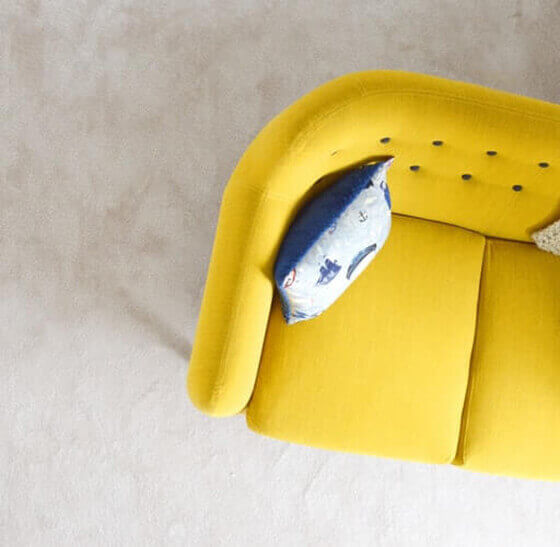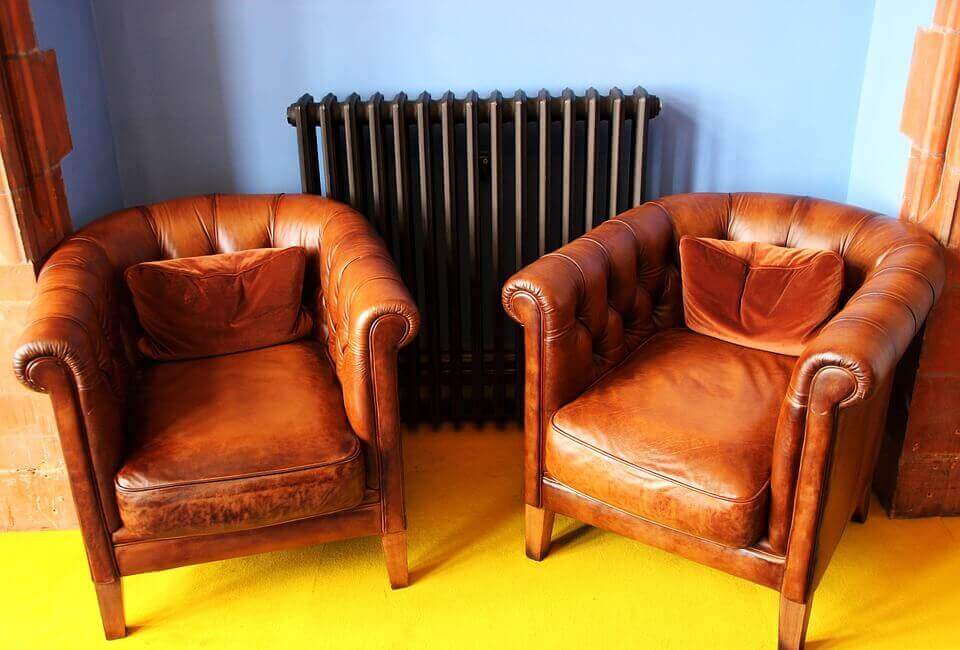Are you planning a long-distance relocation soon? If so, you’re probably dealing with many dilemmas, such as what to do with your large household possessions. You’ve packed dishes and clothes, but you would like to know where to donate furniture when it comes to purging your valuables. Donating furnishings to charity is a great way to cut your moving expenses, particularly if long-distance movers are going to ship all your stuff. But, you’re probably wondering Where can I donate furniture?



Luckily, plenty of charities pick up furniture, and many of them will do that for free. Whether you’re moving a business to another state or moving from apartment to house, you can rest assured that most of your pieces will be accepted. If you’re wondering where to donate a couch due to its condition, you shouldn’t be worried about it. Even if your piece of furniture doesn’t meet donation requirements, it can be hauled away for a $50 fee and still donated. So, don’t burden yourself with questions such as Who will pick up a donated couch in not so good shape. Just create your to-do moving list and determine when to start packing for a move, and let your contribution begin.
Before you select goods for donation, let’s learn more details about the donation process and places to donate furniture.
When wondering how to organize your move, which includes packing moving essentials, organizing a garage sale, and finding a reliable moving company, you need to have a plan for getting rid of your old stuff. In addition to a yard sale, some items needed to be thrown away, but throwing gently-used pieces in trash seems wasteful. So, charity organizations might be your best bet. To make sure your stuff gets accepted, keep in mind this useful info:
It’s needless to say that decluttering is often a good thing, especially when you’re moving to a new place. When you’re donating, your gently used item can make the lives of other people better. Another advantage of clearing out the clutter is you’ll have to move less things, meaning your packing process and loading onto rental trucks for moving will be shorter. Also, living in a clutter-free home can be restful, providing you, at the same time, the possibility to fill your new space with things that are important to you.
Did you know that some local charities offer a tax deduction receipt after picking up your items? So, if you plan to deduct your donated possessions’ fair market value, the IRS requires that you price your own pieces when you donate them. To do pricing right, consider your furnishing age and condition, but to that accurately, it’s best to contact your tax advisor. So, at the end of the year, you can receive a tax deduction.
It’s always good to know what you can donate and what might be refused, especially if you’re wondering how to pack quickly for a move or dealing with last-minute moving. As we already mentioned, most donation centers require donated goods to be in satisfactory condition, meaning that if your toddler or cat has defaced something, it will likely be refused. Some charities that take furniture have restrictions on the type of goods they accept. That being said, after you decide where to give your unwanted things, be sure to check their requirements thoroughly.
There are few options for scheduling your donation pickup. The first one is to go to the desired website, enter your basic personal information, make selections, and that’s it. The second is arranging by phone. Just make sure to call the right location and provide your correct address.
You can find local charitable organizations in your area, as well as national philanthropic foundations. The last ones have several drop-off locations throughout the US, while the local charities are most often shelters, local thrift stores, and theater groups. Before you make a grant, check whether you can expect a receipt for your donations. Sometimes, the thrift stores aren’t nonprofit organizations, so checking with a manager is a must.
Now that some basic donation work issues are clear to you, you should be familiar not only with the fact where to donate used furniture, but what organization will pick up your items for free. So, if you want to organize all the important things before moving, you shouldn’t miss researching prospective charities near you.
We’ve compiled the most popular and reliable charity organizations to help you give some pieces you don’t need anymore and make your across country move easier.

Its locations can be found in more than 7,000 places across the US, so there are great chances that you can find the Salvation Army near you. This organization will accept almost anything – just make sure your stuff is in good shape. If you’re wondering where it’s used then, this charity helps: the elderly, at-risk youth, disaster victims and those of human trafficking, etc.

If you decide to bring your goods to a nearby Goodwill store, you should know they will be sold at a steep discount to those in need. The money raised is used to support the store’s employees and their community, including placement programs and job training. Your donations should be in good condition before you reach the nearest local Goodwill store by contacting them directly and scheduling a pickup.

This organization operates in 22 US states with a focus on supporting American war veterans. Your gifts help maintain job training courses and community outreach programs. Keep in mind that this organization requires donations to be five years old or less. Also, they sometimes accept other items that are not on their list.
You can check on their website if any of the physical stores operate in your area, fill out the donation pickup form, pack your donations in boxes, and leave them outside of your door by 7:30 a.m. the scheduled day. But, for larger items, you can call them by phone and find out how they handle these services.

This organization is the backbone of all US military vets in terms of ensuring support in healthcare, education, and all other needs. Donating them is very easy because they come and pick up your donated goods at your home. You just need to put them in boxes properly labeled.
This is one of those organizations that accept just about anything. So, if you don’t know what to do with small furnishings or small appliances, schedule a furniture donation pickup online and have peace of mind. The only donation-related request is to make sure your gifts are lightweight and suitable for one person to carry.

Although the Arc has locations throughout the US, not all of them are able to deal with the gifted physical items. Also, donating old furniture is only available in some regions. For this reason, contact your local representatives and find out what they need.

Does Habitat for Humanity pick up furniture for free? Yes it does. Most Habitat ReStores offer pickup of larger items, including furnishings, appliances, and building materials. Once you grant your goods, they are taken back to the Habitat ReStore and sold to someone who needs them.
The list of welcome donations varies from store to store, but here’s what Habitat for Humanity generally accepts: items like sofas, bed frames, bookshelves, chairs, etc. If someone in your building is renovating his apartment, you can arrange with your property manager to donate doorknobs and sinks. Habitat for Humanity accepts them too.
Whatever your reasons to move are, your primary concern will be how to ship your belongings to another state. Whether you’re dealing with an office move or moving with a newborn, you’d definitely want to avoid moving stress and potential relocation depression after arriving in a new city. With the moving across the country checklist and properly chosen moving company, you can rest assured that your long-distance relocation will go smoothly. And if you also know some handy moving hacks, such as how to protect floors when moving or being familiar with things people forget when relocating ahead of time, your relocation into an apartment will be a piece of cake. But, when it comes to moving furniture, donation options might be a better solution than using storage service and paying high relocation expenses. This way, you’ll make your future home far more spacious and clutter-free while helping others in need. So, choosing where to donate your unwanted goods will make your relocation easier and you will be satisfied because you have done a good deed.